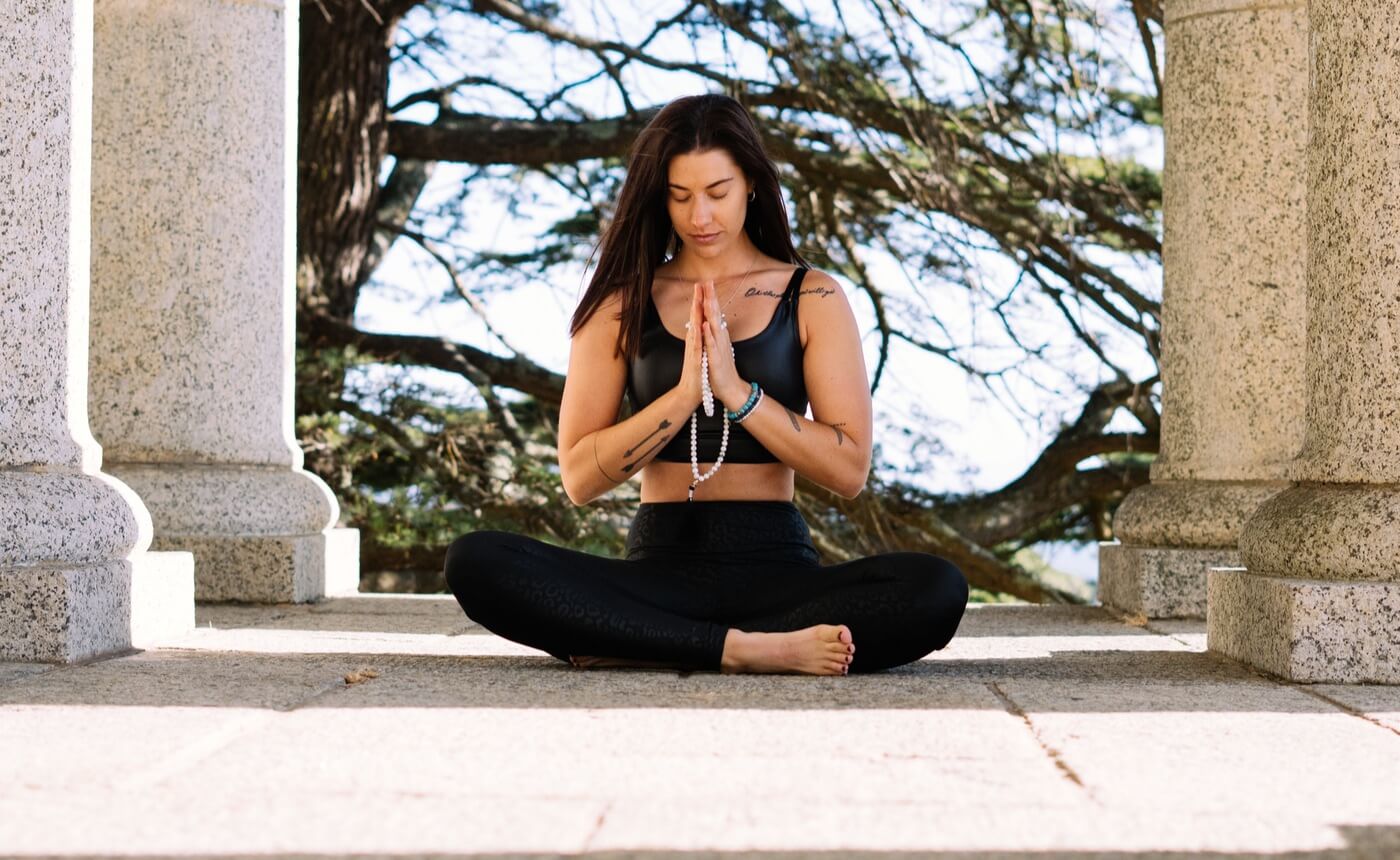Meditation is known to have many benefits; from stress reduction to improving sleep, promoting emotional health and even helping to reduce pain. Mindfulness and meditation can have very positive impacts on both mental and physical health.
We know all about how yoga, relaxation, and meditation can help whenever we are feeling low and overwhelmed. But how about using this mindfulness technique as a way to look after brain health and reduce ageing?
More and more studies over the last few years have found crucial evidence to suggest that meditation can have a significant impact on parts of the brain that control emotion, memory, and learning.
These improvements have shown to help keep our brains young.
Studies from UCLA and Harvard found that people who had been meditating for an average of 20 years had a higher volume of grey matter in the frontal cortex; the part of the brain that is linked to decision making and memory. Most cortexes shrink with age but 50-year-old meditators in the study were found to have the same amount of grey matter as those who were half their age.
It is well known that aging is coupled with a decrease in brain size, this is due to a loss of connective tissue in the brain which in turn impacts upon memory, emotional regulation, and function. The higher tissue volume found in the brains of those who meditate means they will have a younger brain age and will have more protection against age-related decline.
Jimmy Wightman, a meditation teacher from Delve Deep, explains this further. “The shorter your telomeres [the specific DNA protein structure that protects from degradation], the more exposed to aging, degeneration, and disease you become. In one study, it was found that highly stressed people had shorter telomeres and were therefore prone to faster aging and disease.”
“Less stressed people with longer telomeres have improved cognitive ability, fewer negative thoughts, more purpose of life, improved mindfulness, better overall health and they live longer,” he continues.
Shane Cooke, a Meditation and Mindset coach and Founder of Jasper Wellbeing, highlights the importance of meditation. “Daily meditation practice allows us to rest the mind, enter a soft space and arrive home within ourselves. It allows us to connect to our true essence, to be in the present is a truly empowering place.”
“The brain is continuously battered with information overload, thoughts and stories we tell ourselves create stress, anxiety and depression. Meditation allows us to step out of this allowing it to slow down and actually process which in turn reduces stress, allows calm,” he explains.
So now we know that meditation has many benefits, how do we actually do it?
There are numerous online resources, videos, apps and websites that can help to guide you through different exercises. But here are a few tips to get you started.
1. Make sure you are comfortable. Lie in bed, sit in a chair with your feet grounded, or on the floor with crossed legs.
2. Pay attention to the way your body feels on the surface.
3. Close your eyes or focus on one spot.
4. Start to bring your attention to your breath, letting any thoughts come and go.
5. Notice how your body moves with every breath you take.
6. Take you time. If it’s hard, just start with a few minutes each day and build up over time.
7. Get into the habit of doing a little bit every day, you will begin to notice the benefits.
Meditation is something we can and should all do. The benefits significantly outweigh the effort it takes. So it’s worth doing a bit of research into the many different styles, techniques and guides to help you find the best practise that works best for you.

